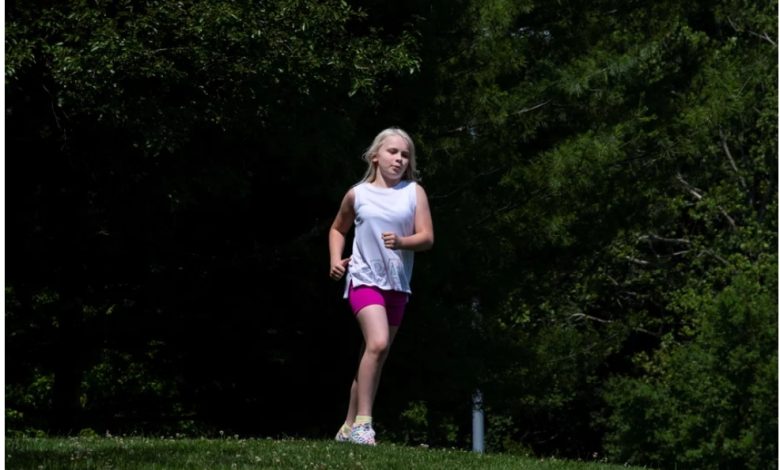Supreme Court won’t enforce West Virginia law banning trans athletes from girls’ teams

The U.S. Supreme Court refused Thursday to intervene in an ongoing case involving West Virginia’s law banning transgender girls from participating in girls’ sports teams at school. Conservative Justices Samuel Alito and Clarence Thomas dissented.
The court’s action came on its emergency docket, sometimes dubbed the shadow docket because decisions are made without full briefing or argument, and decided with little or no explanation.
While the court’s conservative supermajority has come under considerable criticism for its aggressive use of the emergency docket to deal with controversial issues without full briefing and oral argument, this time the court stayed its hand.
Some 19 states have enacted laws like West Virginia’s in the last three years, according to the ACLU. But no appeals court has yet ruled on the question.
In this case, West Virginia’s law was challenged by a 12-year-old middle school transgender girl named Becky Pepper-Jackson, who has lived as a girl since fourth grade, according to court papers. Briefs in her case say she is now receiving “puberty-delaying treatment and estrogen hormone therapy,” so she “has not experienced and will not experience endogenous puberty.” That means she will not experience any of the physiological characteristics of puberty experienced by typical boys, and will instead develop “physiological characteristics consistent with hormonal puberty of typical girls.”
According to her lawyers, she has been on the girls’ track and field teams for the past three, going on four, sports seasons, “harming no one.” Indeed, her lawyers say she was “welcomed by teammates and coaches” and “has not had any problems with children on other schools’ teams.”
Becky’s lawyers brought what is called an “as applied” challenge to the West Virginia law as it affects her. So far, she is the only transgender girl identified by either side as wanting to play on a girls team. Nonetheless, Federal District Court Judge Joseph R. Goodwin, after initially blocking the law, allowed it to go into effect after full briefing in the case.
“While some females may be able to outperform some males, it is generally accepted that, on average, males outperform females athletically because of inherent physical differences between the sexes,” he wrote. “This is not an overbroad generalization, but rather a general principle that realistically reflects the average physical differences between the sexes.”
The ACLU, Lambda Legal, and private lawyers representing Becky and her mother, appealed the ruling and won a preliminary order from the Fourth Circuit Court of Appeals that precludes the law being enforced while the appellate court considers her case.
That temporary order from the appeals court prompted West Virginia’s Attorney General to go to the Supreme Court, seeking emergency relief.
“For as long as schools have offered sports teams, it has been the ‘norm’ to designate student athletes to them by sex,” the state said. Without separation of the sexes in sports, “there is a substantial risk that boys would dominate the girls programs and deny them an equal opportunity to compete in interscholastic events.”
Source: npr.org






















